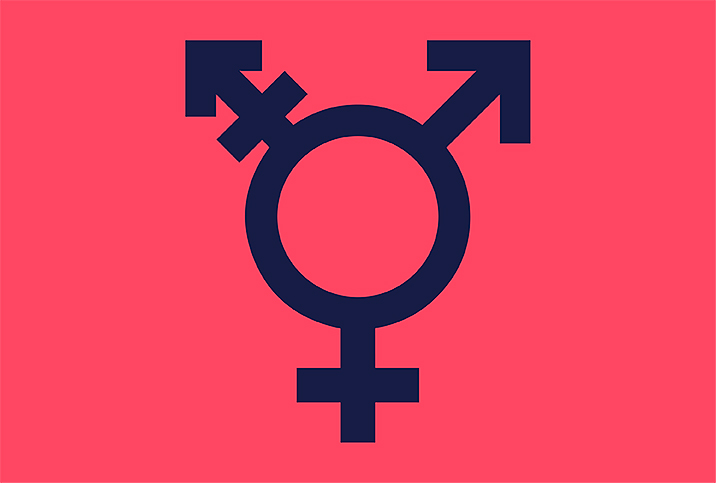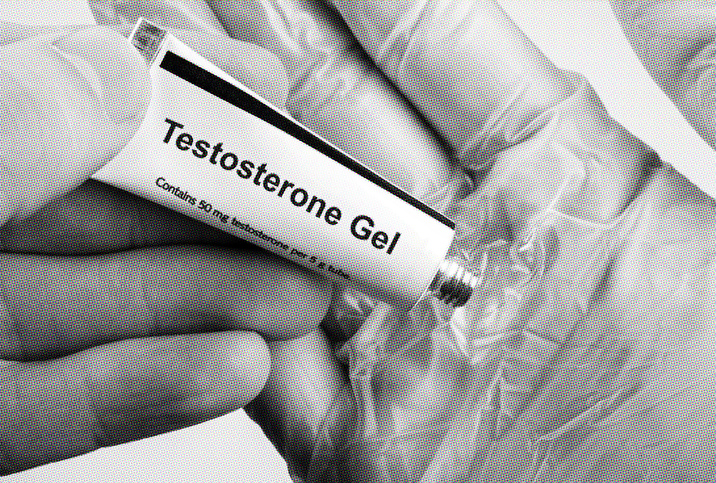Choose the Right Doctors for Your Transition

When we think of a transgender person going through their physical, social and medical transitions, it's easy to think of those processes in isolation. Take some hormones, undergo surgery, change your appearance and that's that—except not. These changes touch every aspect of a person's life, from physical to mental health, which is why it's crucial to have a complete care team throughout transition.
It can be a long, arduous journey to put together the best medical team who will be empathetic, listen to your concerns and demonstrate complete transparency in all your interactions with them. Regardless of where you are in your transition, there are people out there who are willing to listen.
So, how do you find such a team? Well, a lot of it is a game of chance, coming down to where you live, your profession, how old you are and your insurance provider. However, it's not all totally up to chance and the Great Unknown. The more you advocate for your own needs and ask for assistance, the more likely you are to get the support you need.
To get a better team of healthcare professionals, you must have a better understanding of how these healthcare professionals operate, what rules and regulations they work within and, ultimately, what they are capable of doing for you.
A look at WPATH
By its definition, WPATH (World Professional Association for Transgender Health) is a nonprofit, interdisciplinary organization devoted to transgender health, made up of both professional healthcare providers who work with trans people and educators who work in broader communities. WPATH conducts both clinical and academic research to make evidence-based recommendations for trans people and the professionals who care for their health.
What does that mean for you?
On the one hand, WPATH seeks to provide professional healthcare providers with unbiased, concrete evidence about gender dysphoria, the diagnosis most doctors require before providing gender-affirming care.
It can be hard for the average physician or therapist to be completely unbiased in their opinions about gender dysphoria, and what steps should be taken to treat it. WPATH's research may not sway the mind of a doctor set in their ways, but it might impact a more ambivalent clinician.
WPATH isn't without criticism, either. By its nature, WPATH draws a line between who should receive gender-affirming care, how so and at what age. This leaves swaths of the population behind, not to mention an inherent difficulty for trans people under the age of 18.
To get a better understanding of what requirements individuals must possess in order to transition, you can find the entire Standards of Care on the WPATH website. Admittedly, it can be a dry read, but when it comes to your health, it's important you invest time into independent research so you can ask more thorough questions when dealing with medical professionals.
Who do I talk to?
Rather than trying to find a team of individual doctors, you'll want to start by finding one resource that will aggregate your options. Planned Parenthood is a good place to start, but if they don't operate in your area, try searching for a few key terms combined with your area. "Gender care," "hormone replacement therapy (HRT)" and "transgender health" might be phrases you can type into a search engine to start your journey.
However, just because you find it on the internet doesn't guarantee quality care. This is where vetting your doctors comes in, as Carlie, a trans woman, learned.
"I've had endocrinologists lie to me about my bloodwork results over the phone, not knowing that I had the results in my hand," Carlie said. "I had my ex-therapist inquire multiple times on our first appointment if I wore my mother's underwear as a child. My family doctor refused to even refer me to a therapist even when I told him I was suffering from suicidal thoughts and was adamant on the fact that it was because I was transitioning. The healthcare system needs serious reform, and it all starts and ends with the [professional healthcare providers] who choose to get involved in our care."
The best solution is to take the time to determine exactly what you're looking for and to define your expectations before you take the first step into medical transition.
WPATH's work won't reach everyone, but it's on track to reach more people in the coming years. Liam Murphy, who's had his Master of Social Work (MSW) for about three years, has recently begun the WPATH Foundations course, which is available to anyone.
Murphy operates under an informed consent model, meaning that regardless of an individual's age, he will present them with the most current, up-to-date information provided by WPATH, as well as educating them on state and local laws. For instance, in my area of Eastern Canada, WPATH only requires a letter of recommendation from either a GP or a mental health professional to begin medically transitioning, but endocrinologists in the same area require a letter from both before they will accept patients. Murphy's MSW training means his clients will be aware of these nuances before they become a problem.
"I am in no position, not as a social worker and especially not as a person who is cis, to tell someone if they are trans enough to 'deserve' access to affirming care," Murphy explained. "My role, principally, is to help communicate the life experiences and clients' knowledge of their own identities to other healthcare workers so they can have access to whatever care they need."
What should I know?
While knowing the inner workings of WPATH and its order of operations is beneficial, the most important thing to know is yourself. Medically transitioning can seem like the only solution to what you're feeling, but it's likely to open up entirely new considerations. The best solution is to take the time to determine exactly what you're looking for and to define your expectations before you take the first step into medical transition.
Imagine what life 10 years from now will be like if you transition, and also if you don't. Be sure to think of this as realistically as possible, including researching stories and experiences of people who transitioned at your age and those who did so later. Your dysphoria and the mental states attached to it will make you feel as if you need to get out from the other side of this now, but I urge you to take the time to fully process what you're feeling, thinking and wanting over and over until you're completely satisfied you've got it right.
Be sure to think of this as realistically as possible, including researching stories and experiences of people who transitioned at your age and those who did so later.
Regardless of your age, you really do have all the time in the world. If you feel like you have to make changes right now, start looking at some non-medical options, such as changing your hair, experimenting with new names and shopping for new clothes in stores or online.
There's a whole social aspect of transitioning that many professionals recommend should come before deciding on medical solutions. And anyway, getting familiar with these aspects of your transition now will make whatever you choose for your future that much easier.




















